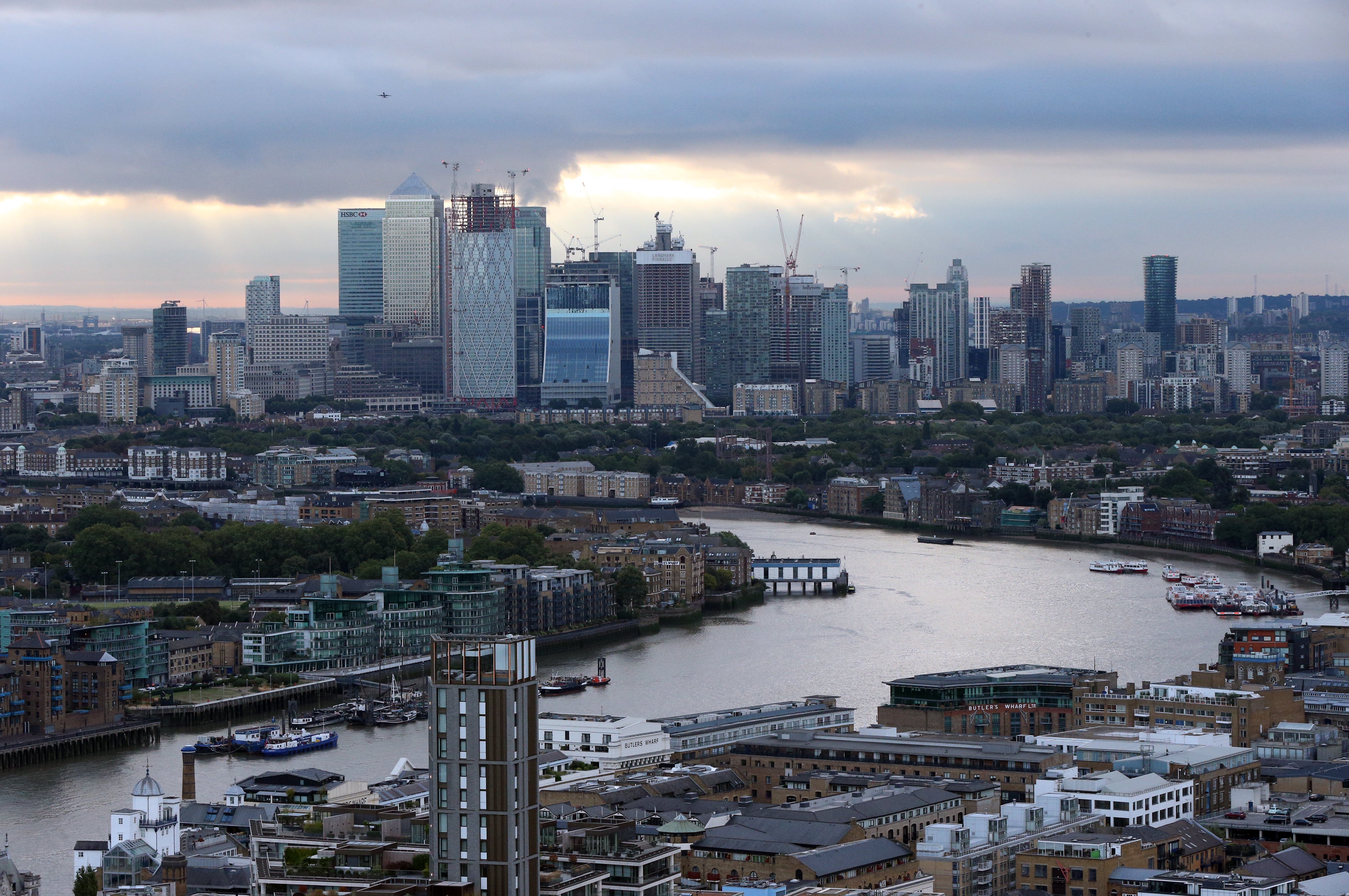Plans unveiled to ‘drive out dirty money’ under Economic Crime Bill
The Bill will look to protect the UK’s financial system from exploitation amid fears the City has earned a reputation as a money-laundering hub.

Your support helps us to tell the story
From reproductive rights to climate change to Big Tech, The Independent is on the ground when the story is developing. Whether it's investigating the financials of Elon Musk's pro-Trump PAC or producing our latest documentary, 'The A Word', which shines a light on the American women fighting for reproductive rights, we know how important it is to parse out the facts from the messaging.
At such a critical moment in US history, we need reporters on the ground. Your donation allows us to keep sending journalists to speak to both sides of the story.
The Independent is trusted by Americans across the entire political spectrum. And unlike many other quality news outlets, we choose not to lock Americans out of our reporting and analysis with paywalls. We believe quality journalism should be available to everyone, paid for by those who can afford it.
Your support makes all the difference.Plans to crack down on fraud and money laundering has been unveiled as part of a wide-ranging Economic Crime Bill to “drive out dirty money” from criminals and the likes of President Vladimir Putin’s Russian supporters.
The Queen’s Speech confirmed the legislation will look to protect the UK’s financial system from exploitation amid concerns the City has earned a reputation as a money-laundering hub used by Russian oligarchs, criminals and so-called kleptocrats.
It will also give Companies House new powers to check on people suspected of registering companies fraudulently.
The Economic Crime Bill will be critical in helping to address money laundering and the growth in fraud and scams, which are now the most prevalent type of crime in the UK
The Government said it wants to “crack down on the kleptocrats, criminals and terrorists who abuse our open economy, ensuring we drive out dirty money from the UK”.
The Bill will “ensure these people, including Putin’s cronies, do not benefit from the UK’s open society”.
The new powers being given to Companies House will see business directors forced to verify their identity under a clampdown on a system that has even allowed infants and an unborn child to own firms.
It will also give Companies House more effective investigative and enforcement abilities and introduce better cross-checking of data with other public and private sector bodies.
But in a move that could prove contentious, the Government appears to have chosen not to increase the cost of setting up a firm in the UK, saying it will keep “swift and low-cost routes for company creation”.
This comes despite fears over how easy it is to set up a firm, costing just £12 and taking less than 24 hours.
Elsewhere in the Bill, it confirmed it will seek to tackle the abuse of limited partnerships – including Scottish Limited Partnerships, which are a type of UK company that became the go-to money laundering vehicle for criminals, although this was first announced four years ago.
With cyber attacks on the rise, the Bill will also aim to create new powers that can be used to more quickly and easily seize Bitcoin and other crypto assets – used widely for ransomware.
A new civil forfeiture procedure will combat the risk posed by those who cannot be prosecuted, but who use their funds to “further criminality”.
Authorities have been trying to seize crypto assets for years and have had some success, but are still relying on old laws to do so.
In February HMRC seized non-fungible tokens (NFTs) for the first time. NFTs are a type of certificate of ownership for virtual assets – such as popular memes or the first ever Tweet.
At the time Andrew Sackey, an expert at Pinsent Masons, said that the UK authorities were responding to cryptocurrency money laundering using laws drafted in 2002 “when cryptocurrency was clearly not at the forefront of lawmakers’ minds”.
The Bill comes after the Government was forced to deny it had ditched plans for the legislation earlier this year, following the shock resignation in January of minister Lord Agnew.
He claimed in his leaving letter that a decision has been made to kill off the Bill during the next parliamentary year.
David Postings, chief executive of UK Finance, cheered the plans outlined in the Bill.
He said: “The Economic Crime Bill will be critical in helping to address money laundering and the growth in fraud and scams, which are now the most prevalent type of crime in the UK.
“This Bill should focus on measures that prevent fraud happening in the first place and provide greater enforcement powers to tackle those who commit economic crime.”